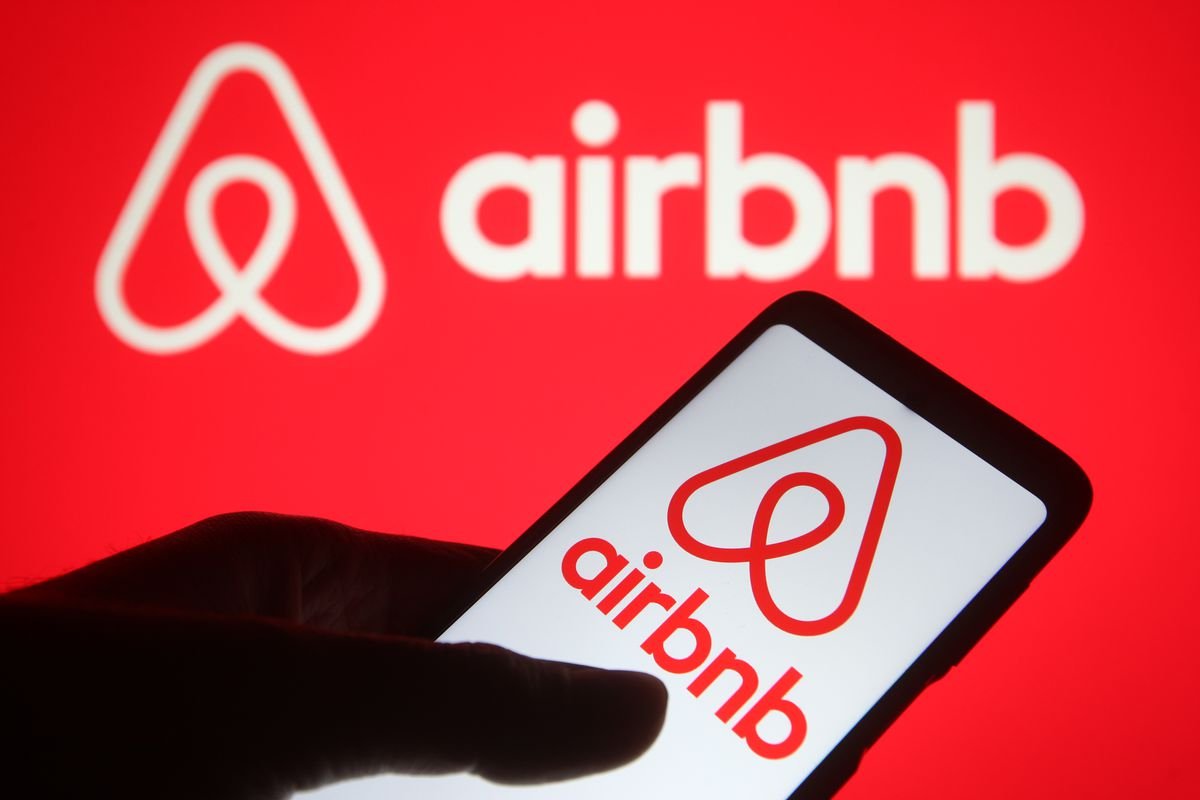Airbnb Fined By OFAC For Accepting In Cuba Guests Traveling Outside Of The Twelve Authorized Categories
/"This activity included payments related to guests traveling for reasons outside of OFAC’s authorized categories as well as a failure to keep certain required records associated with Cuba-related transactions."
"Travel-related transactions are permitted by general or specific licenses for certain travel related to the 12 categories of activities identified in § 515.560(a). Those travel-related transactions permitted by general license, subject to specified criteria and conditions, include: family visits; official business of the U.S. government, foreign governments, and certain intergovernmental organizations; journalistic activity; professional research; educational activities; religious activities; athletic competitions by amateur or semi-professional athletes or athletic teams; support for the Cuban people; humanitarian projects; activities of private foundations or research or educational institutes; exportation, importation, or transmission of information or information materials; and certain authorized export transactions."
Trade Sanctions Reform and Export Enhancement Act (TSREEA) of 2000
§7209. Requirements relating to certain travel-related transactions with Cuba
(a) Authorization of travel relating to commercial sales of agricultural and medical goods
The Secretary of the Treasury shall promulgate regulations under which the travel-related transactions listed in paragraph (c) of section 515.560 of title 31, Code of Federal Regulations, are authorized by general license for travel to, from, or within Cuba for the marketing and sale of agricultural and medical goods pursuant to the provisions of this chapter.
(b) Prohibition on travel relating to tourist activities
(1) In general
Notwithstanding any other provision of law or regulation, the Secretary of the Treasury, or any other Federal official, may not authorize the travel-related transactions listed in subsection (c) of section 515.560 of title 31, Code of Federal Regulations, either by a general license or on a case-by-case basis by a specific license for travel to, from, or within Cuba for tourist activities.
(2) Definition
In this subsection, the term "tourist activities" means any activity with respect to travel to, from, or within Cuba that is not expressly authorized in subsection (a) of this section, in any of paragraphs (1) through (12) of section 515.560 of title 31, Code of Federal Regulations, or in any section referred to in any of such paragraphs (1) through (12) (as such sections were in effect on June 1, 2000).
(Pub. L. 106–387, §1(a) [title IX, §910], Oct. 28, 2000, 114 Stat. 1549, 1549A-71; Pub. L. 111–8, div. D, title VI, §620, Mar. 11, 2009, 123 Stat. 677.)
LINK TO TWELVE AUTHORIZED TRAVEL CATEGORIES
LINK TO COMPLETE STATUTE TEXT
Office of Foreign Assets Control
United States Department of the Treasury
Washington DC
3 January 2022
Excerpts:
Pursuant to communications with OFAC, Airbnb Payments conducted a forensic review based on an approved and statistically significant sampling of “Stays” (i.e., traveler lodging provided by Airbnb, Inc. “Hosts”) and “Experiences” (i.e., traveler activities provided by Airbnb, Inc. Hosts) transactions involving Cuba. By extrapolating the results of that sampling review to the total transactions processed by Airbnb Payments between September 28, 2015 and March 1, 2020, it was determined that Airbnb Payments processed payments related to 3,464 extrapolated Stays transactions in Cuba by Airbnb, Inc. “Guests” traveling for reasons outside of OFAC’s 12 authorized categories.1 The extrapolated average transaction amount processed for each such Stay was $139.52. Airbnb Payments also processed payments related to 3,076 extrapolated Experiences transactions where Airbnb Payments failed to keep records in accordance with the OFAC’s regulations. The extrapolated average transaction amount processed for each such Experience was $78.40. Airbnb Payments also processed payments related to 44 confirmed transactions involving non-U.S. persons engaging in Cuba travel transactions on Airbnb, Inc.’s platform prior to OFAC issuing a specific license to Airbnb, Inc. to engage in such conduct. The average transaction amount processed for those transactions was $111.09. As a result, Airbnb Payments processed payments on behalf of customers on Airbnb, Inc.’s platform in apparent violation of the Cuban Assets Control Regulations (CACR), 31 C.F.R. § 515.201 and § 515.572(b) (the “Apparent Violations”).
These Apparent Violations occurred primarily because Airbnb, Inc. launched its Cuba business in April 2015, which would eventually extend to a global customer base, without fully addressing the complexities of operating a Cuba-related sanctions compliance program for internet-based travel services. As Airbnb, Inc. launched its services in Cuba following regulatory changes announced by the U.S. Government in January 2015, the scaling up of its services in Cuba appears to have outpaced the company’s ability to manage the associated sanctions risks via its technology platforms, leading to some of the Apparent Violations. For example, when Airbnb, Inc. first launched in Cuba, Airbnb Payments used a manual process to screen Hosts and Guests for potential sanctions issues until Airbnb Payments was able to implement a customized Internet Protocol blocking system designed to permit Cubans to act as Hosts on Airbnb, Inc.’s platform while simultaneously preventing Cubans from transacting as Guests on the platform. Similarly, the recordkeeping Apparent Violations related to the Experience transactions were primarily due to technical defects involving an older version of the Airbnb, Inc. mobile application that remained operational for Cuba-related travel. The older version of the application did not maintain complete functionality for Guests to make an attestation regarding their reason for travel to Cuba. Airbnb Payments ultimately discovered the Apparent Violations after proactively initiating a comprehensive review of its sanctions compliance program. Airbnb Payments then voluntarily reported to OFAC the results of its review and lookback and implemented subsequent remedial measures designed to strengthen its sanctions compliance program and prevent recurrences. Additionally, throughout its engagement with OFAC, Airbnb Payments fully cooperated with OFAC, including by responding to multiple requests for information and agreeing to toll the statute of limitations.


